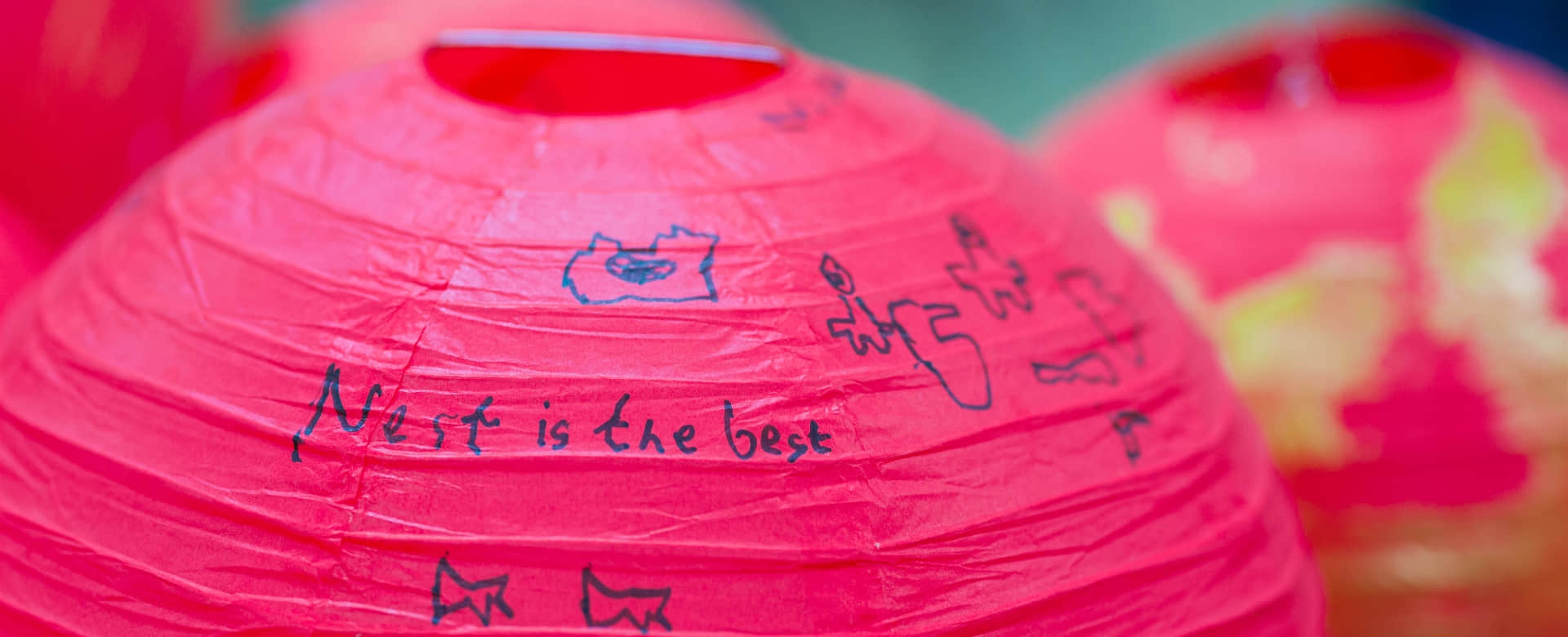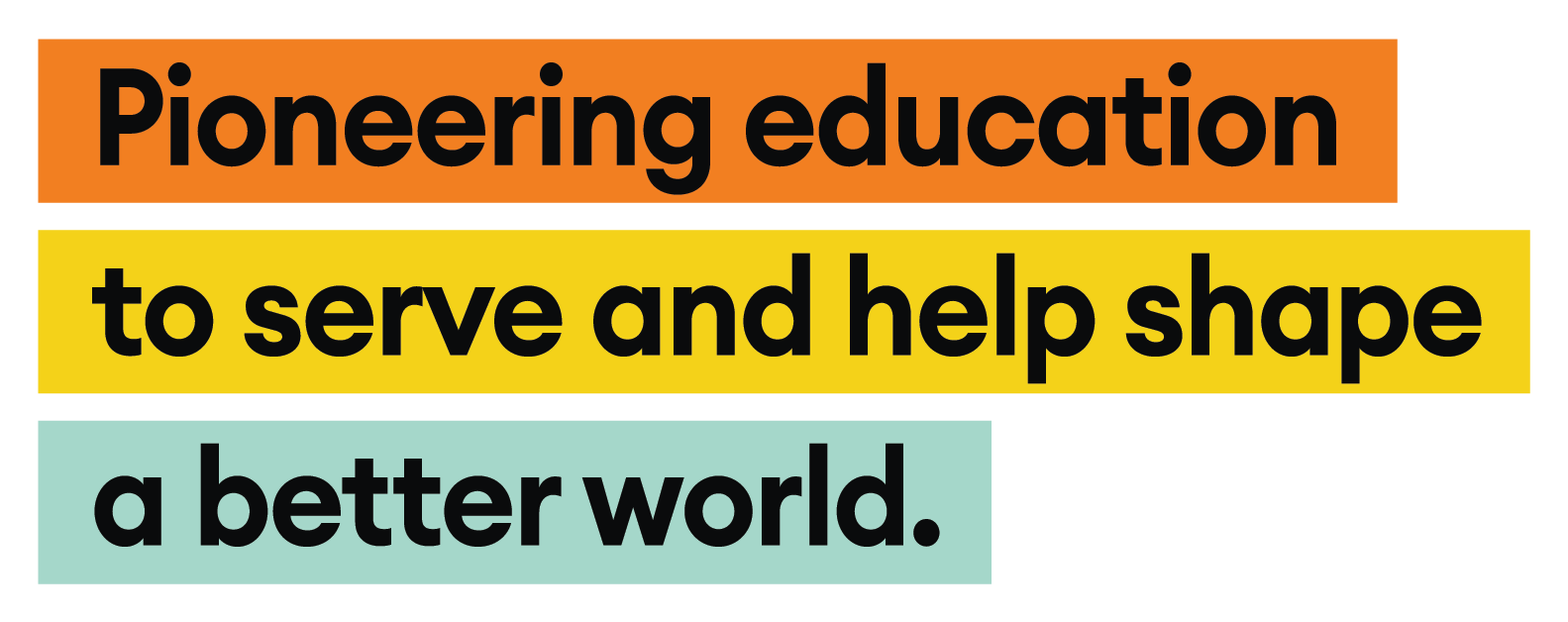Educational Insights丨A Growth Mindset
In this Educational Insights Series, experts from across the Wellington College group give advice, practical help and tips for parents who are keen to give further support for their children's learning. In this article from the series, Melissa Meyers from Wellington College Tianjin discusses the idea of a ‘growth mindset'.

From the Deputy Head of the Junior School Melissa Meyers
At Wellington College in Tianjin, we share a vision for our pupils to become competent and confident learners and communicators; healthy in mind, body and spirit, secure in their sense of belonging and in the knowledge that they make a valued contribution to society. We are often asked as educators to provide ideas for ways parents can support a child’s development and so I hope to offer a few ideas here.

Carol Dweck, a leading expert in motivation and personality psychology, has argued through more than twenty years of research that everyone has one of two basic mindsets; fixed or growth. “If you have the fixed mindset, you believe that your talents and abilities are set in stone – either you have them or you don’t. You must prove yourself over and over, trying to look smart and talented at all costs. This is the path of stagnation. If you have a growth mindset, however, you know that talents can be developed and that great abilities are built over time. This is the path of opportunity–and success.”.[1] [1] Carol Dweck, MINDSET The New Psychology of Success, 2006.
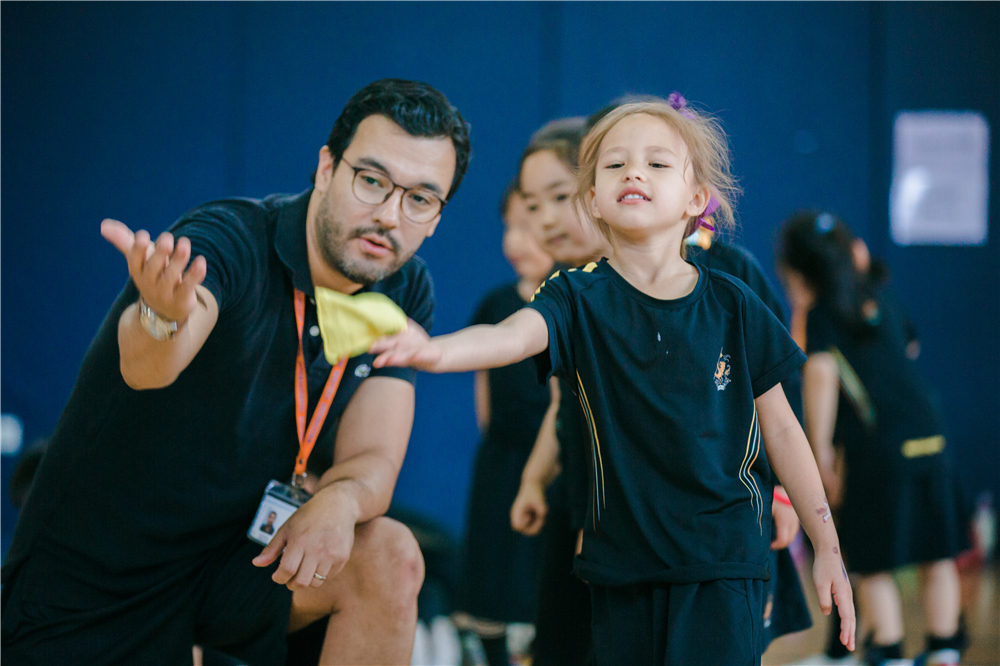
Dweck believes that developing the right mindset, at any age, is crucial for a successful and happy life. As parents and educators, we want the very best for our children and so it is encouraging that we help them to achieve their best potential by helping them develop a growth mindset. When children learn that putting forth effort and using certain strategies can help them get better at things, they feel empowered and try harder. When they know their brains are capable of growing, they become more confident, resilient, and are not afraid to fail!
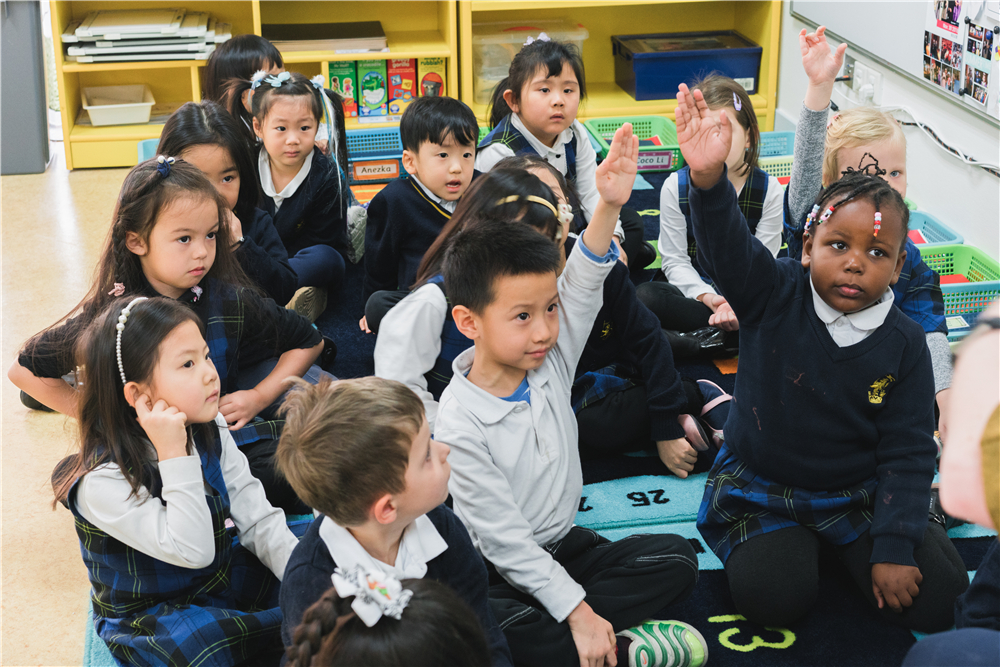
As a parent or teacher, Dweck urges us to use specific praise that acknowledges the action e.g. 'You have worked hard on that activity/project/assignment/music practice.’ Instead, attach your praise to something specific: rather than 'you're really smart,' try 'it was clever the way you experimented with a few different ways to solve that problem. Nice work!' It is this phrasing which promotes a growth mindset; the belief that intelligence can grow and be strengthened with effort. Children with a growth mindset believe that they are capable of achieving what they want if they put in the time and effort to get there. This is something that we endeavour to encourage our pupils at Wellington to develop, as a growth mindset can supercharge their capacity to learn and grow and reach their very best potential.
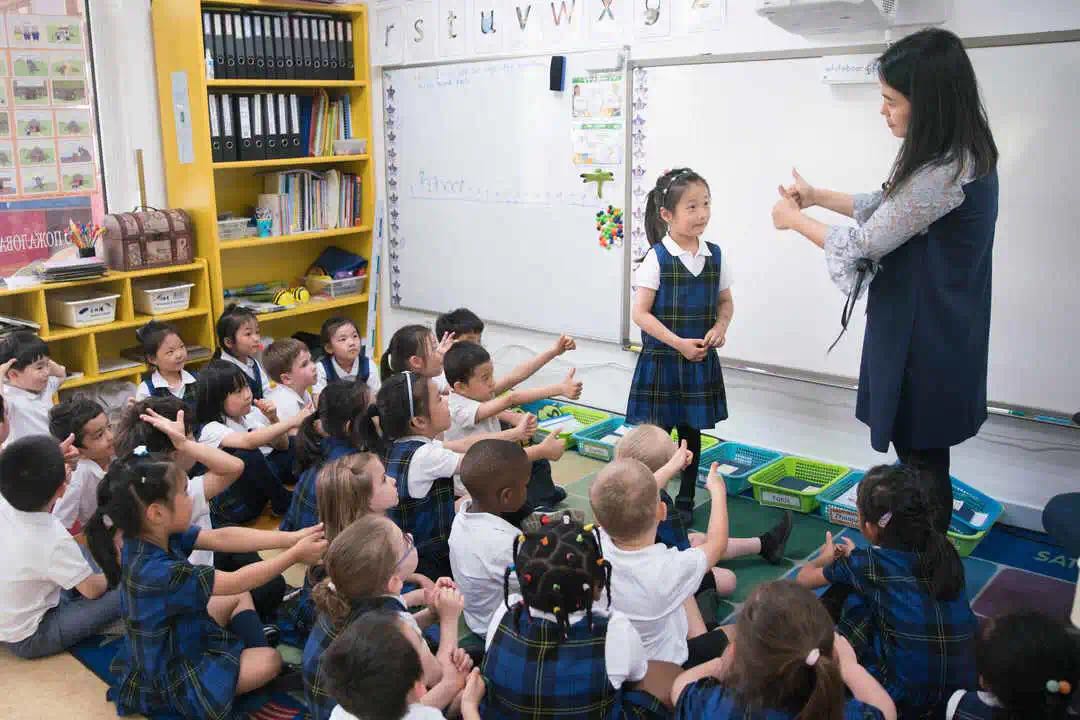
As a result of the work her team did in developing mathematical programmes for the Youcubed site for pupils, Dr Jo Boaler and her research team have suggested that intelligence can grow and be strengthened with effort.[2] Dr Boaler, Nomellini & Olivier Professor of Education at Stanford University, use this insight to advocate the view that daily practise of mathematical problems helps our brains grow. The ‘Think’, ‘Explain’ and ‘Solve’ steps in the Junior School AET maths programme similarly challenge our pupils. Dr Boaler also creates video clips which describe how our brains get stronger. I have found that through sharing this information with pupils, they gain more confidence and a belief that they can improve, which in turn empowers them to try harder. I also remind them as they are working by saying, “this will make your brain stronger,” and this encourages them. Neuroscientists have discovered that when we practise stretch activities each day, it sends signals in the brain which causes our brains to grow. [2] Evidence Archive. (n.d.). Retrieved from https://www.youcubed.org/evidence/.
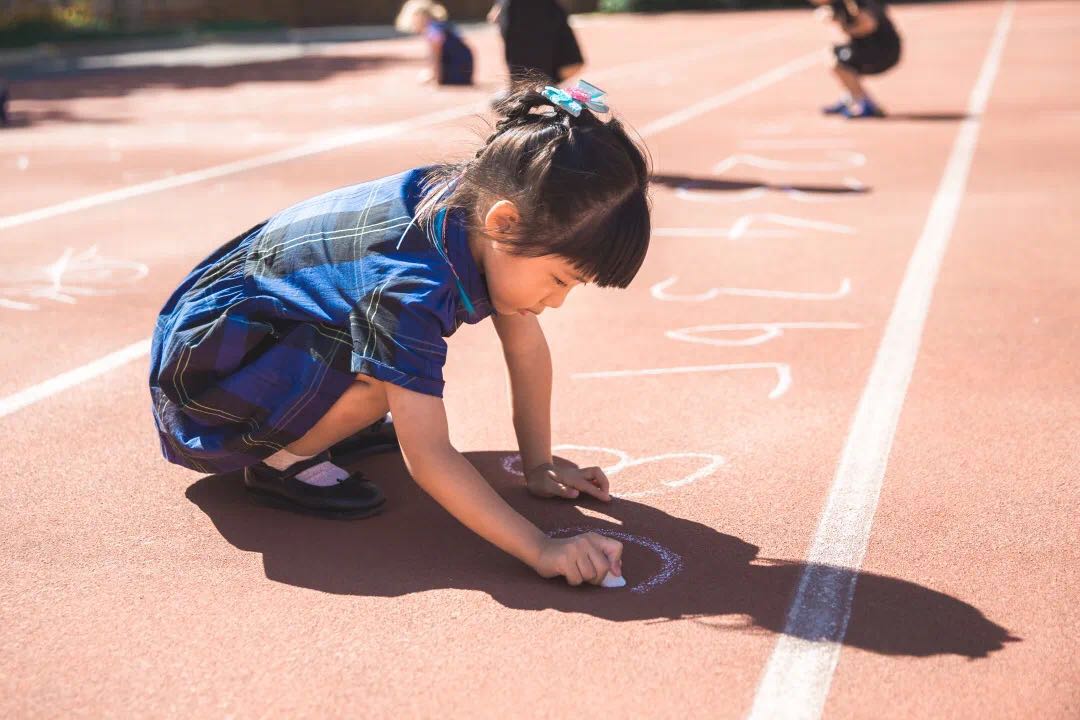
Dweck also emphasises the importance of acknowledging the effort your child has put into their work rather than a focus on actual results. We all want our children to achieve the very best grades, however, by emphasizing the effort rather than the grade, we can help our children more as it simultaneously develops their confidence, resilience and motivation. These are all attributes of a growth minded individual. For example, a grade that has been earned with hard work, whatever that grade is, should always be rewarded before something that was achieved without effort. In this view, it is more powerful to say things such as, “you studied hard for that exam and your marks show that,” or “it was a hard assignment, but you didn't give up. You kept going and working hard and you did it!” or “I loved the way you kept trying different things until you found something that worked”. For a pupil who does well without putting in any effort, it's still important to hold back from making it all about how clever or capable they are. Instead, Dweck suggests trying, 'Ok. That was too easy for you. Let's see if there's something more challenging that you can learn from.' Any time you see them putting in the effort, working hard towards a goal or being persistent, try and acknowledge it. It does not mean you have to gush with praise every time they apply themselves, but it will mean a lot to them that you notice, 'you’re working hard at, that aren't you?' Likewise, if they have worked hard but haven't achieved what they wanted, notice the effort. This will help to nurture their confidence, resilience and motivation to keep learning and working hard – for example, ‘I loved seeing the effort you put into that assignment. Let's see what you can learn from for next time’.

It is important to encourage a healthy attitude to failure, and discussing the reasons for failure in the challenge, as well as the challenge in terms of being an opportunity to learn and grow. We can all learn from our mistakes and we can stretch ourselves to new heights by embracing challenge. Dr Boaler highlights another important aspect of the power of challenge for our brains in the findings of psychologist Jason Moser (Moser et al., 2011). Moser found that electrical signals, called synapses, fire between parts of the brain while learning and when we make a mistake. He and his team also discovered that synapses continue to fire even when we are not aware that we have made a mistake. Boaler and her team harnessed this evidence to encourage pupils of mathematics to keep challenging themselves through problem-solving activities.
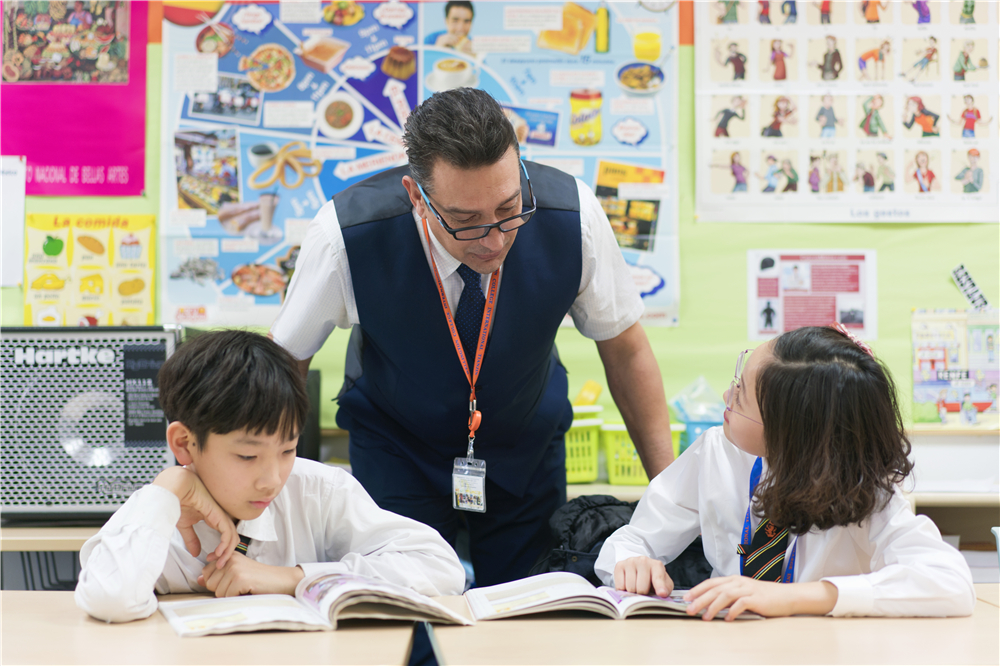
Children learn a great deal by watching the actions of adults. Adults can model ways to cope with situations that do not quite go as planned for us, for example if we take a wrong turn whilst driving or go the wrong way walking or on the subway. As we remain calm and figure out an alternative route, our children can see it is ok when things do not go quite as planned. We can talk the solution through with them and they begin to understand that they do not always have to be successful to thrive. Failure is a part of learning and has absolutely nothing at all to do with how clever or capable they are. It's an opportunity to learn, albeit in disguise. Something that I have often used myself as an adult, or with my children and pupils, is adding the word ‘yet’ to my feedback. Dweck encourages the power of self-talk through the use of the word 'yet’. When the child says 'I don't know how to do it,' encourage them to replace this with, 'I don't know how to do it yet'. Keep doing this and they will soon learn to do this for themselves. This is a really powerful motivator and develops an understanding that they will achieve their goal if they just keep on going.
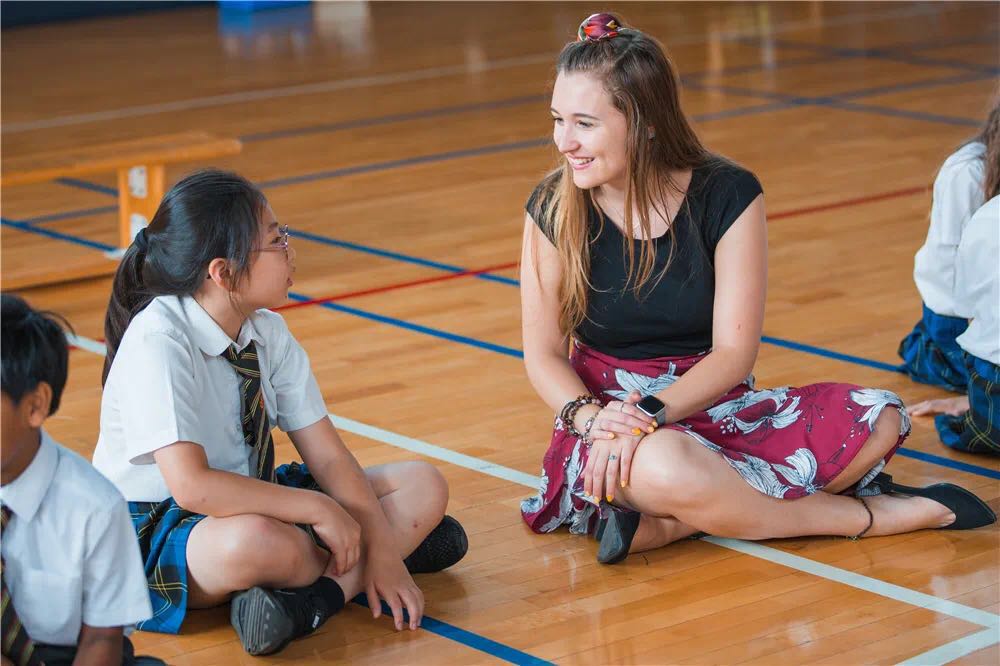
As a teacher, I have found Edward de Bono’s famous ‘thinking hats’ (particularly the blue hat - the ‘big picture’), to be very useful in expanding the thinking of children. Dweck also encourages us to keep the big picture in mind when helping our children understand that it is where they end up that matters. The stumbles on the way are just part of the learning journey. Learning takes time and the path will not be straight – it will be crooked and interesting and full of great opportunities, exactly as it was meant to be and that is alright.
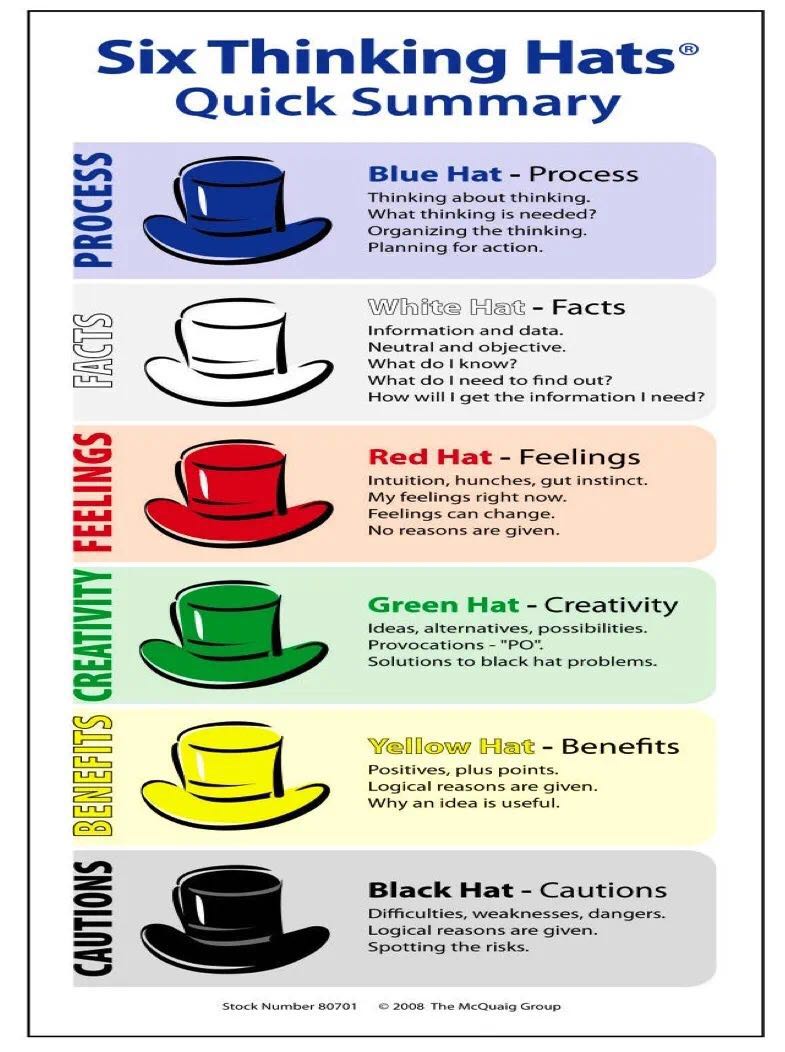
Some children get anxious about their learning. One of the ways to reduce this anxiety is by permitting them to fail. Allowing our children to get it wrong sometimes can broaden their willingness to take risks and experiment with better ways of doing things. This can help to expand their creativity, problem-solving, and readiness to accept challenges. And finally, let us share Dweck’s notion that intelligence is not fixed and can be enhanced with time and effort. Nurturing this belief in children is one of the greatest things we, as the adults in their lives, can do to help lift them so they can reach their full potential. The effort will come from them, but we must do what we can to help them to believe that the effort will be worth it.
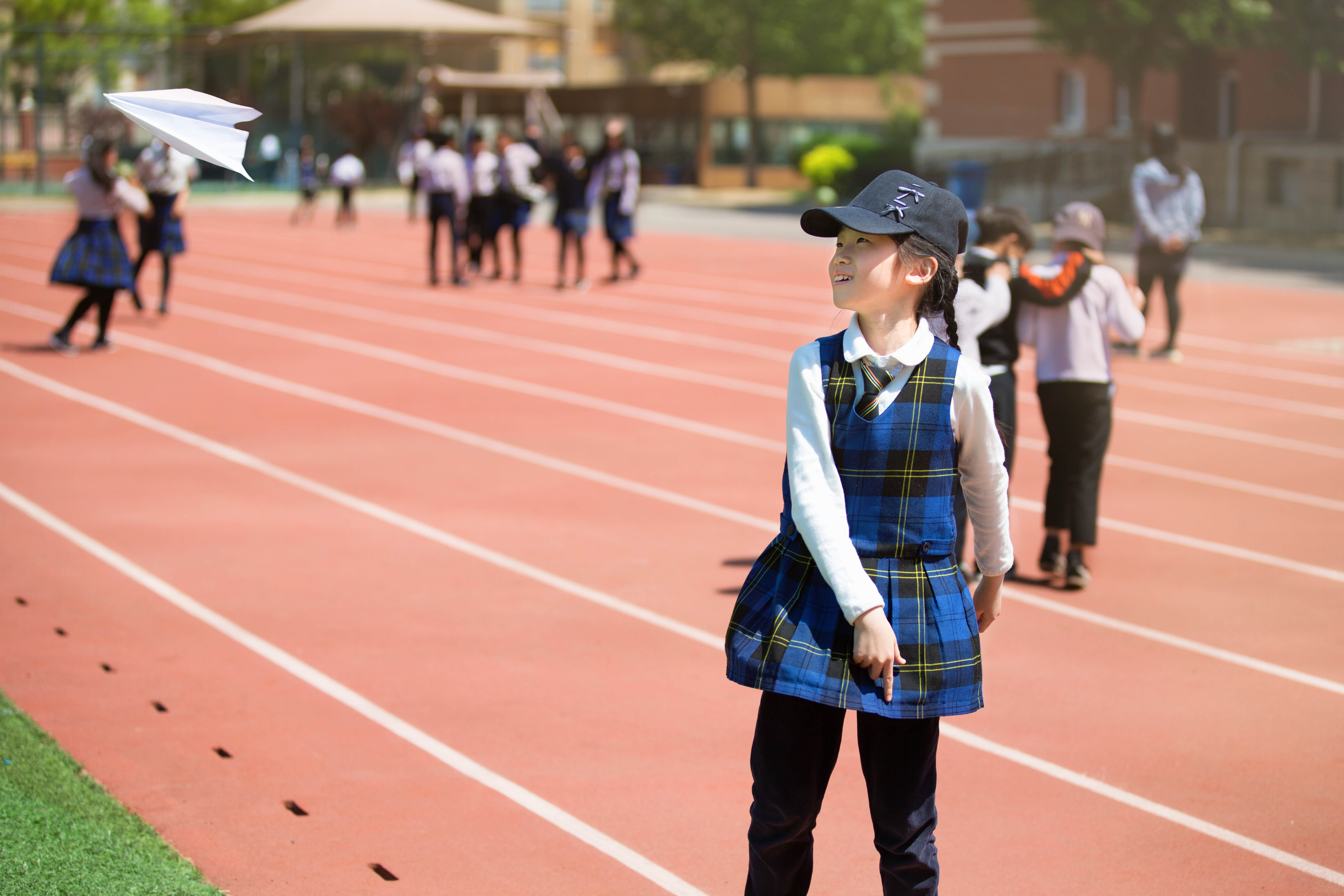
Bibliography
- Carol Dweck, MINDSET The New Psychology of Success, 2006.
- Child development: the first five years. (2018, June 4). Retrieved from https://raisingchildren.net.au/newborns/development/understanding-development/development-first-five-years.
- Education in New Zealand. (2019, December 17). Te Whāriki. Retrieved from http://www.education.govt.nz/early-childhood/teaching-and-learning/te-whariki/.
- Evidence Archive. (n.d.). Retrieved from https://www.youcubed.org/evidence/.
- Learning Skills Foundation. (n.d.). Retrieved from http://www.learningskillsfoundation.com/.
- Mistakes Grow Your Brain. (n.d.). Retrieved from https://www.youcubed.org/evidence/mistakes-grow-brain/.
Related Articles








 Channel
Channel 
 Linkedin
Linkedin  Weibo
Weibo  Facebook
Facebook  Ins
Ins 


